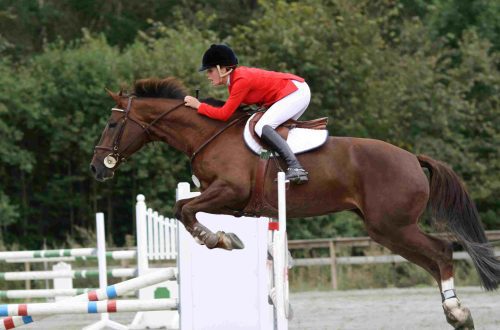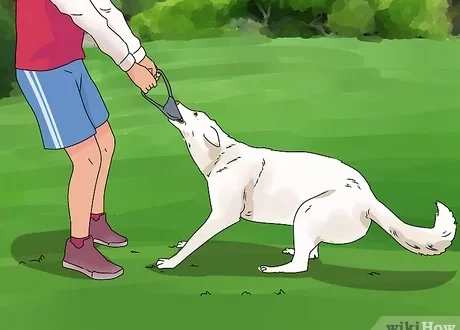
Boredom and dog behavior problems
Like you and me, dogs can get bored. And sometimes boredom results in “bad” behavior.
Contents
As a rule, dogs that live in a depleted environment, that is, lack stimulation, are bored. If the life of a dog every day goes in the same circle, it has few new impressions, everything that is around, it has long studied, they do not deal with it (or do little), it begins to suffer from boredom.
If boredom becomes chronic, the dog may “acquire” learned helplessness, become lethargic, or overreact to seemingly minor stimuli. Boredom for a dog is the cause of the development of chronic stress.
Some dogs start looking for new experiences, “clean up” the apartment, ruin things, throw themselves on other dogs or passers-by on the street, or bark or howl to entertain neighbors all day long (especially if the neighbors somehow react to this). Or maybe all together.
If a dog is bored, it may develop a compulsive movement stereotypy (e.g., walking back and forth, sucking on the litter or on its own sides, licking its paws, etc.)
What to do so that the dog does not get bored?
There are many ways to make your dog’s life more interesting and varied:
- A variety of walks (new places, new experiences, forays into forests and fields).
- Safe and comfortable communication with relatives.
- Trick training.
- Shaping lessons.
- Mind games.
- New toys. You don’t have to go to the pet store every day. It is enough, for example, to divide dog toys into two parts and, giving out one part, hide the other, and change it after a week.
You can learn how to properly educate and train a dog in humane ways (including so that it does not get bored and does not cause you problems), you can learn by signing up for our video courses.





